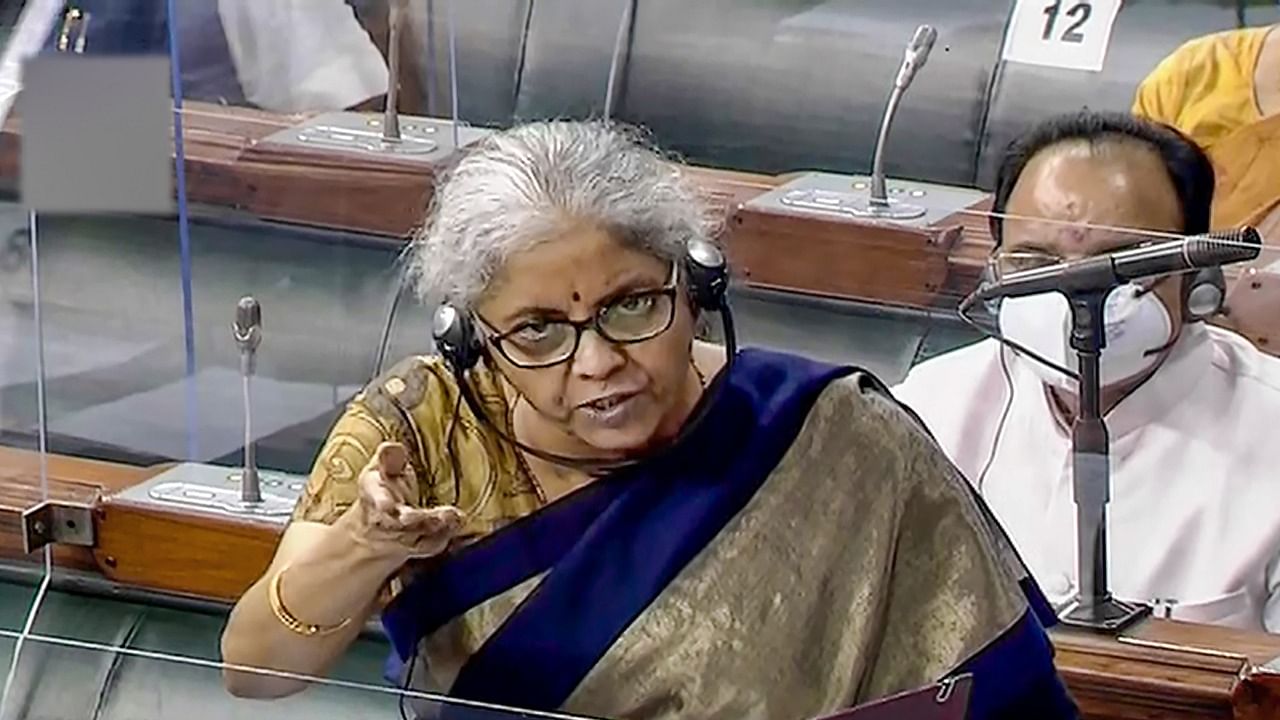
It took all of eight minutes on Friday for the Lok Sabha to take the first step to bury the ghost of retrospective tax, a UPA-era legacy that had made global investors wary of investments in India.
The Lok Sabha passed the 'The Taxation Laws (Amendment) Bill, 2021' that seeks to end all retrospective tax claims made on indirect transfer of assets prior to May 28, 2012, with Finance Minister Nirmala Sitharaman asserting that the BJP was always opposed to the move introduced by then Finance Minister Pranab Mukherjee.
With opposition parties raising slogans and waving placards in the Well of the Lok Sabha, the presiding officer put the bill to voice vote after brief remarks by Sitharaman.
The Finance Minster utilised the opportunity to put on record BJP's opposition to retrospective taxation as “bad in law” and also “bad for investor sentiments”.
Sitharaman acknowledged the role of her predecessor and mentor Arun Jaitley, who as Finance Minister set up a high-level committee to ensure that no tax claims were made by the government using the retrospective tax provisions.
She said 17 demands were raised using retrospective tax provisions before the NDA came to power in 2014 out of which two went to court and the government and later for international arbitration.
“We could not act on it even at that time in 2014 because there were two cases going on, and the then Finance Minister had very clearly said that: 'We will wait for them to reach the logical conclusion',” Sitharaman said.
She said the “logical conclusion” was reached in the two cases in September and December last year and the government had brought the amendment to the taxation laws to keep up the word given by late Jaitley.
“Under the leadership of Prime Minister Modi, we are keeping up the commitment of BJP that we don’t believe in retrospective application of tax. We are fulfilling that word,” the Finance Minister said.
